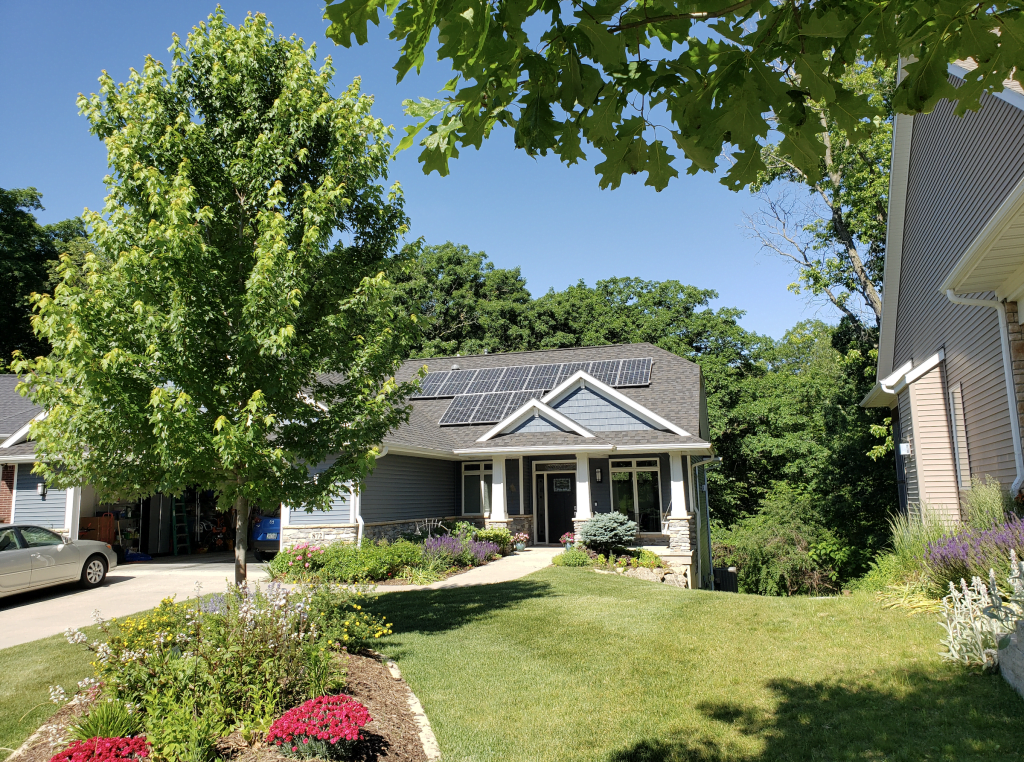Agriculture is an energy-intensive industry, with a wide variety of equipment, buildings, and infrastructure that requires electricity to operate. As energy prices continue to rise and climate change poses new challenges to farming, many farmers are turning to renewable energy sources like solar power to help them reduce costs and improve their operations.
Solar energy can be a game changer for farmers, providing them with a reliable, low-cost source of electricity that can help them save money, reduce their environmental impact, and increase their efficiency. In this article, we’ll explore some of the key ways that solar energy can benefit farmers and why it’s worth considering for your operation.
Reduced Energy Costs One of the most significant benefits of solar energy for farmers is the potential for cost savings. Electricity is a major expense for many farms, with energy bills accounting for a significant portion of operating costs. By installing solar panels, farmers can generate their own electricity and reduce their reliance on grid power. This means lower energy bills and more predictable costs over the long term.
Improved Energy Efficiency In addition to cost savings, solar energy can also help farmers improve their energy efficiency. Solar panels can be used to power equipment and lighting during the day, reducing the need for grid electricity. This can help farmers optimize their energy use and reduce waste, improving their overall efficiency.
Sustainable Farming Practices As consumers become more conscious of the environmental impact of their food choices, many farmers are looking for ways to demonstrate their commitment to sustainability. Solar energy can be an important part of this effort, helping farmers reduce their greenhouse gas emissions and mitigate the impacts of climate change. By investing in solar energy, farmers can show that they’re taking concrete steps to reduce their carbon footprint and protect the environment.
Increased Property Value Installing solar panels can also increase the value of a farm property, making it a worthwhile investment for farmers who own their land. Solar panels are durable and require little maintenance, which means they have a long lifespan and can provide reliable energy for years to come. This can make a farm more attractive to potential buyers and help farmers get a better return on their investment.
Rural Economic Development Finally, solar energy can also contribute to rural economic development. By installing solar panels on their property, farmers can support local solar installation companies and create jobs in their communities. This can help to boost the local economy and provide new opportunities for rural residents.
In conclusion, solar energy can be a powerful tool for farmers looking to reduce costs, increase efficiency, and demonstrate their commitment to sustainability. With cost savings, energy efficiency, and property value, solar energy is an affordable and effective solution for farms of all sizes. If you’re interested in exploring the benefits of solar energy for your farm, contact True Solar today for a consultation. We can help you understand the costs and benefits of solar energy for your operation and help you design a system that meets your unique needs.

